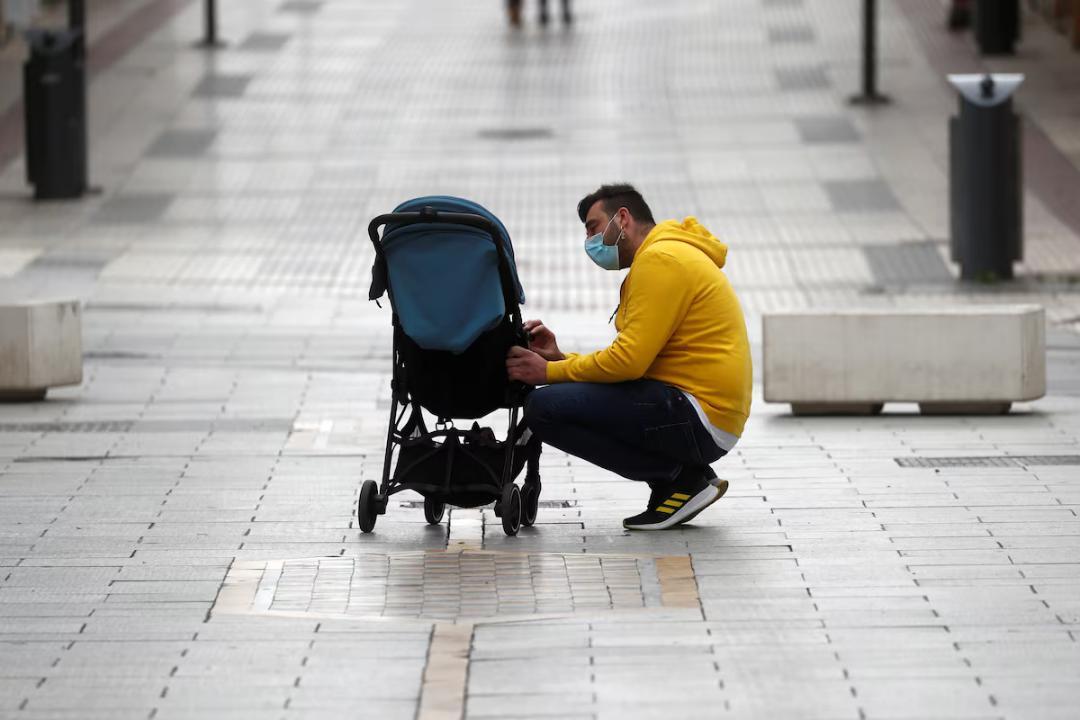
Spain to Offer 17 Weeks Parental Leave to Both Mothers & Fathers
In a significant move towards gender equality, Spain has announced plans to extend its parental leave policy to 17 weeks, making it one of the most generous in Europe. The new policy will give both mothers and fathers an additional week of paid leave after the birth of a child, bringing the total parental leave to 17 weeks. This move is a significant step forward for Spain’s efforts to promote gender equality and support working parents.
Spain and Finland are the only EU countries to offer equal, fully-paid birth leave to both parents. The new policy is a result of the government’s commitment to promoting gender equality and supporting working parents. The Spanish government has long been a champion of women’s rights, and this move is seen as a major step forward in achieving that goal.
The decision to extend parental leave was announced by the Spanish government in July 2025, and it is expected to come into effect in the near future. The new policy will give both mothers and fathers the opportunity to take time off work to care for their new baby, without having to worry about the financial implications.
“This is a historic day for Spain,” said a government minister in a statement. “Spain is moving towards feminism…and there’d be no turning back.” The minister added that the new policy would help to promote gender equality and support working parents, making it easier for them to balance work and family life.
Spain’s existing parental leave policy allowed mothers to take 16 weeks of fully-paid leave, while fathers were entitled to take up to 2 weeks. The new policy will give fathers an additional week of paid leave, bringing the total to 3 weeks. This is a significant increase, and it is expected to have a positive impact on working parents.
The new policy is also expected to have a positive impact on the economy. A study by the International Labor Organization (ILO) found that countries with more generous parental leave policies tend to have higher rates of female labor force participation and lower rates of poverty. This is because mothers are able to take time off work to care for their children, without having to worry about the financial implications.
In addition to the economic benefits, the new policy is also expected to have a positive impact on the well-being of children. Research has shown that children who are born to mothers who have taken time off work to care for them tend to have better health and cognitive development outcomes. This is because mothers are able to provide more emotional support and care to their children, which is essential for their development.
The new policy is also expected to have a positive impact on the relationship between parents and children. By giving fathers more time off work to care for their children, the policy is expected to promote a more equal distribution of caregiving responsibilities. This is essential for promoting healthy relationships between parents and children, and for supporting the emotional development of children.
Spain’s decision to offer 17 weeks parental leave to both mothers and fathers is a significant step forward for gender equality and family-friendly policies. It is a reminder that governments have a critical role to play in promoting gender equality and supporting working parents. By providing more generous parental leave policies, governments can help to promote a more equal distribution of caregiving responsibilities, and support the well-being of children.
In conclusion, Spain’s decision to offer 17 weeks parental leave to both mothers and fathers is a significant step forward for gender equality and family-friendly policies. It is a reminder that governments have a critical role to play in promoting gender equality and supporting working parents. By providing more generous parental leave policies, governments can help to promote a more equal distribution of caregiving responsibilities, and support the well-being of children.
Source:




